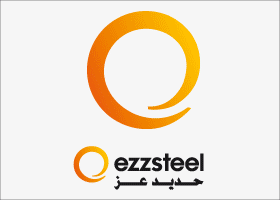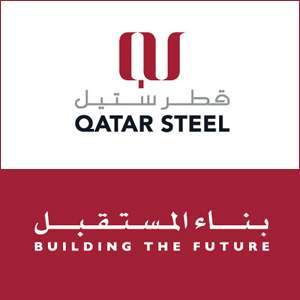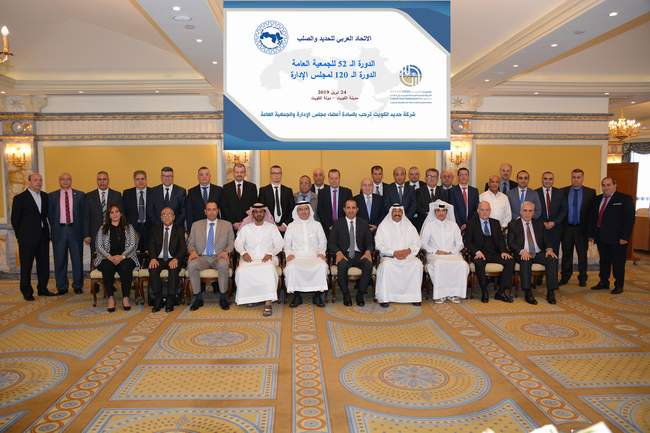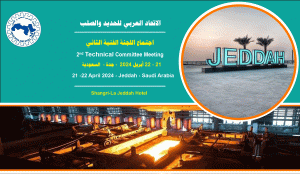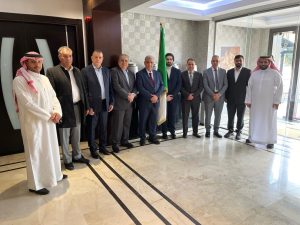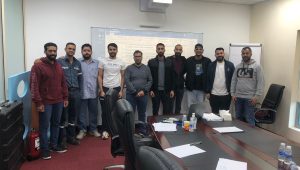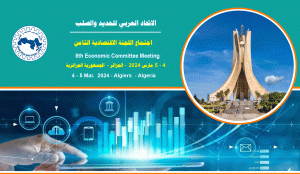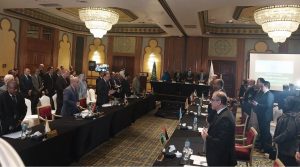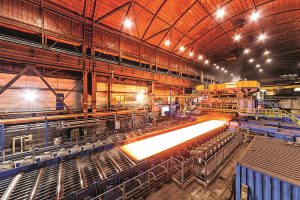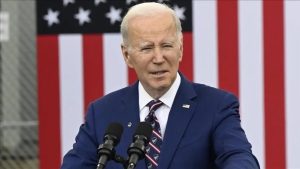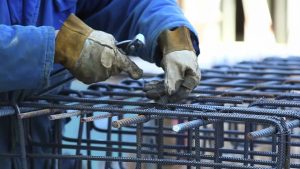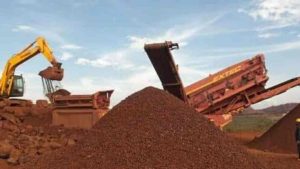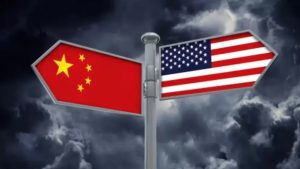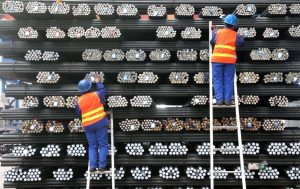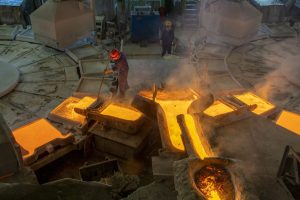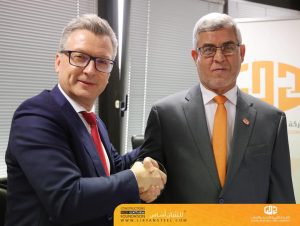The Arab Iron and Steel Union (AISU) held its annual meetings of the 120th Ordinary Session of the Board of Directors and the 52nd Ordinary Session of the General Assembly in Kuwait City / Kuwait on April 24, 2019 in the presence of representatives of the member iron and steel companies to discuss the annual report of the union’s activities Submitted by the General Secretariat.
On the sidelines of these meetings, the members of the Board of Directors also discussed the most important developments on the global and Arab levels and how to advance the Arab steel industry in light of international and regional challenges and the approval of the accession of Al Mashrek Steel & Metal Manufacturing Company – Jordan to the membership of AISU.
Mr. Awaad Al Khalidi, Chairman of Arab Iron and Steel Union and Chairman of United Steel Industrial Company (Kuwait Steel), pointed out the recent interest of Arab governments in protecting the national steel industry.
Especially after the aftermath of the decision of the United States of America to impose tariffs on steel in March last year, which reflected on the economies of all countries without exception.
and the importance of coordination and cooperation in the light of the opening up of global markets to achieve integration in this industry and to face a unified strategy.
The Chairman of the Economic Committee, Mr. George Matta, reviewed the report of the Committee on the economic situation of the Arab countries and their impact on the steel markets and the expected volume of consumption in the markets of the Arab countries.
The Secretary-General of Arab Iron and Steel Union Kamel Djoudi, reviewed the annual report of the activities of the Union of various conferences and training and development of the website and the Arab Steel magazine, where the emphasis was on how to develop mechanisms of cooperation between Arab companies working in the iron and steel industry on a continuous basis.
The Secretary General’s report on “Iron and Steel Industry in the Arab World” reviewed the most important Arab and international economic developments, the status of the steel industry, the gap between the production and consumption of steel in the Arab countries and the circumstances surrounding the Arab steel industry.
The report concluded that despite the decline in oil prices and global and regional conflicts, the Arab countries managed to overcome these difficulties and maintain the stability of the steel industry, which is one of the priorities of the Arab countries where several resolutions were issued in 2018 to protect their national products,
Production of Arab crude steel continues to grow despite stable production in the Gulf region.
The report also noted that there is a large gap between the production of crude steel and consumption in the Arab countries are covered by import from abroad as semi-Finished or Finished products, especially from China, Turkey and Ukraine.
The steel industry must be carefully invested in countries whose major projects will be completed in 2020, such as Saudi Arabia, the United Arab Emirates, Egypt, Qatar and Algeria.
While striving to develop Arab steel exports and improve productivity by controlling the cost of energy and labor as it is critical to other costs, controlling and auditing all stages of production and improving financial results.
Finally, Arab Iron and Steel Union considers the importance of continuous monitoring of the global changes in this industry and planning beyond 2020.




